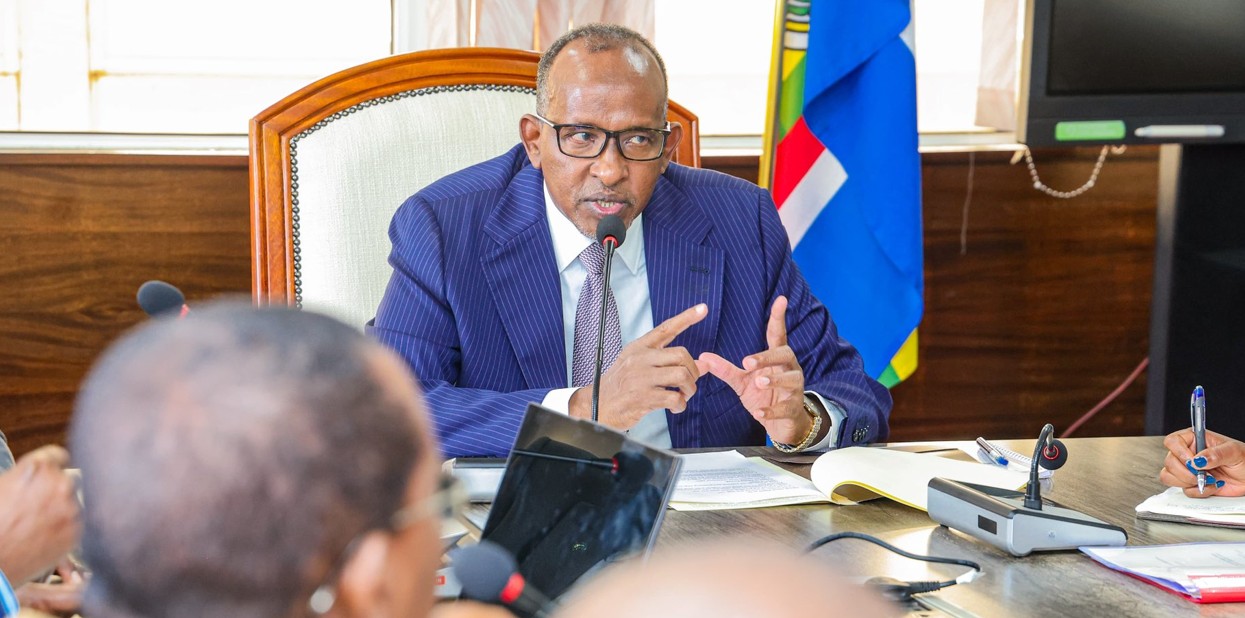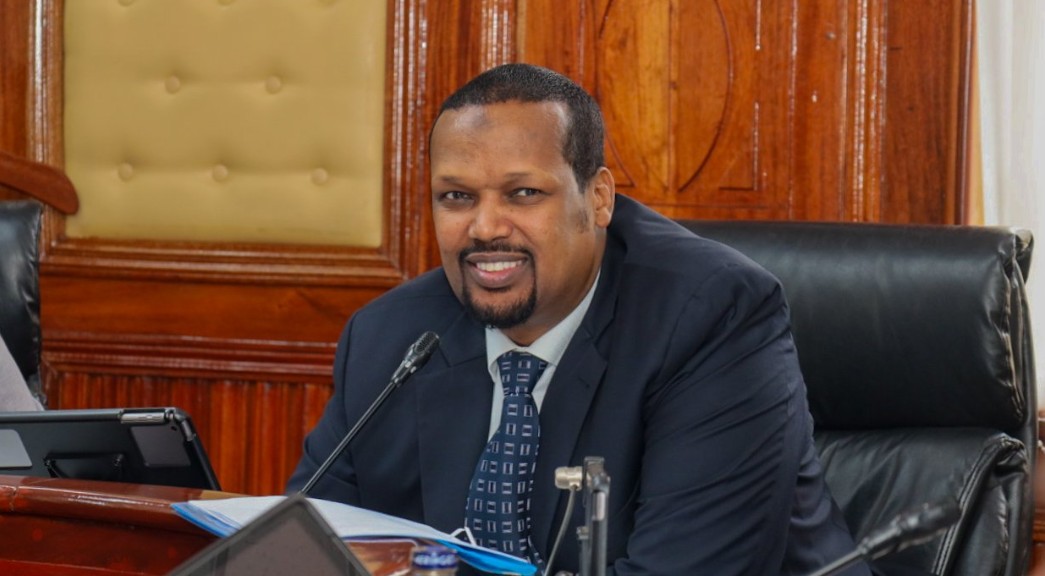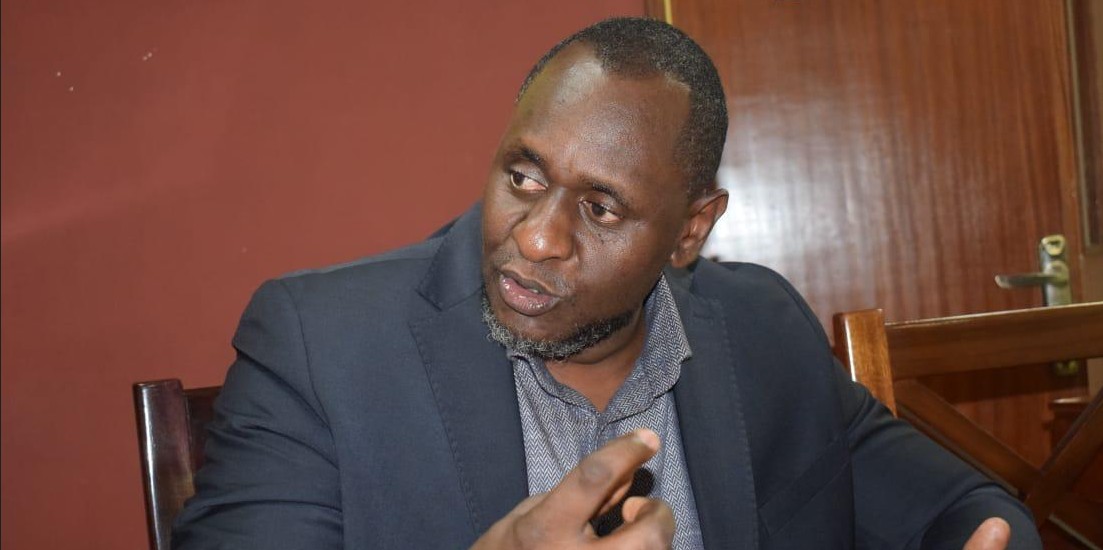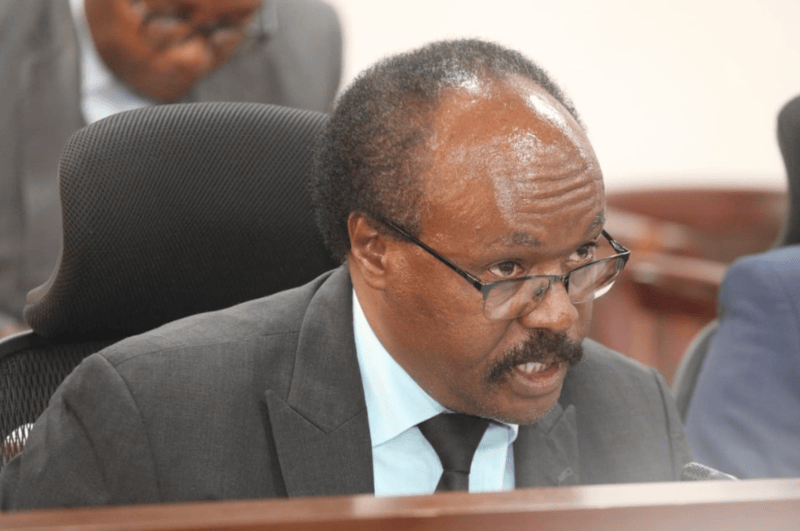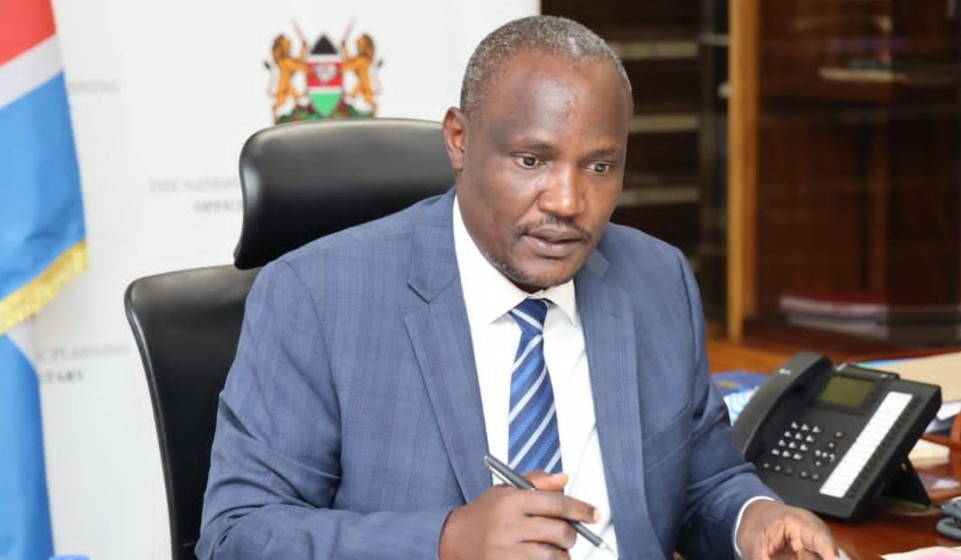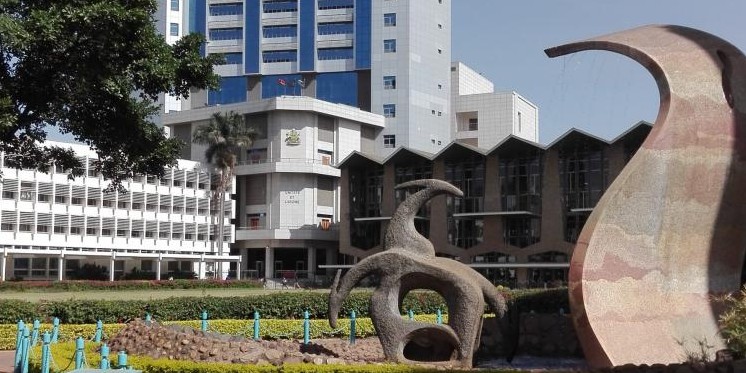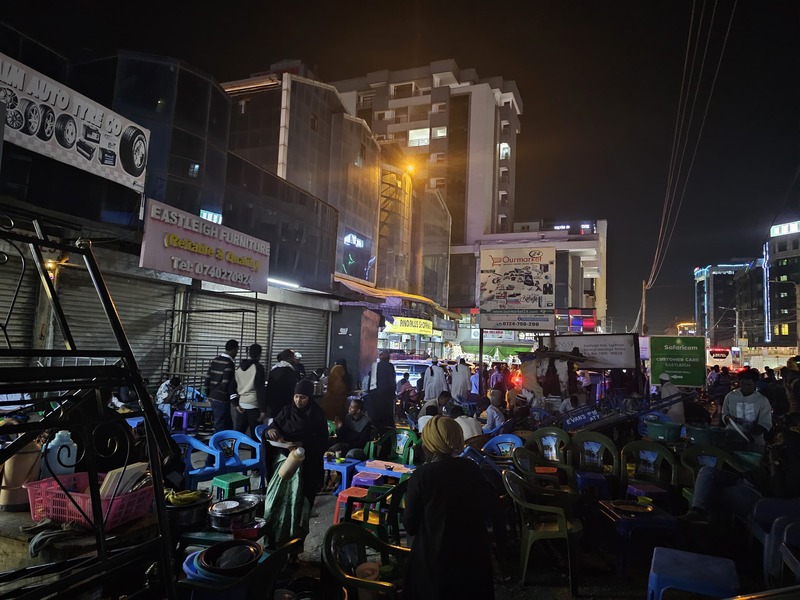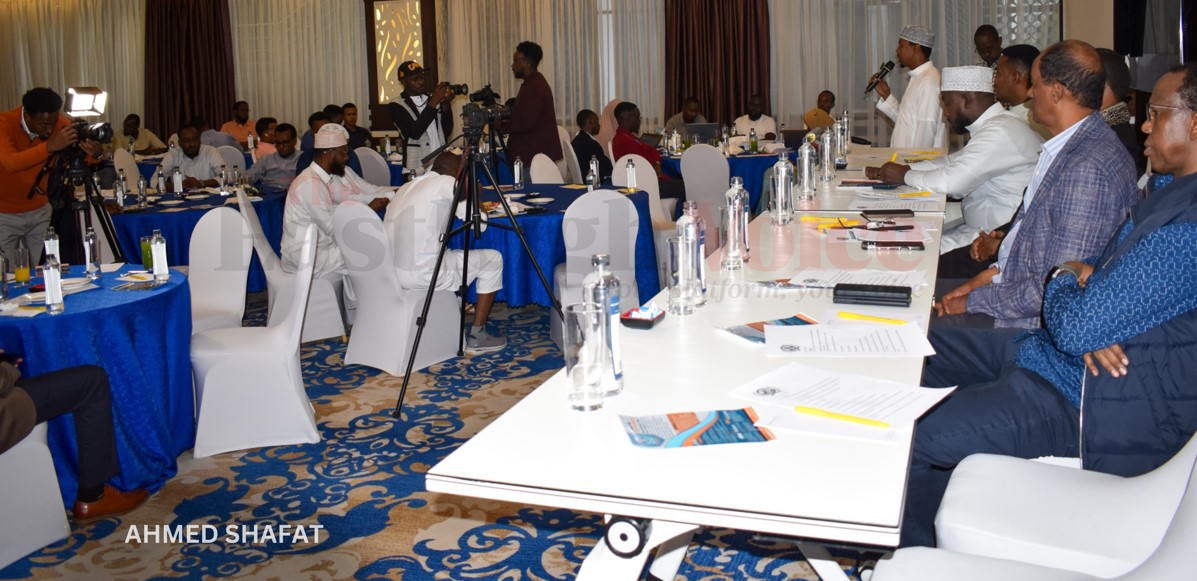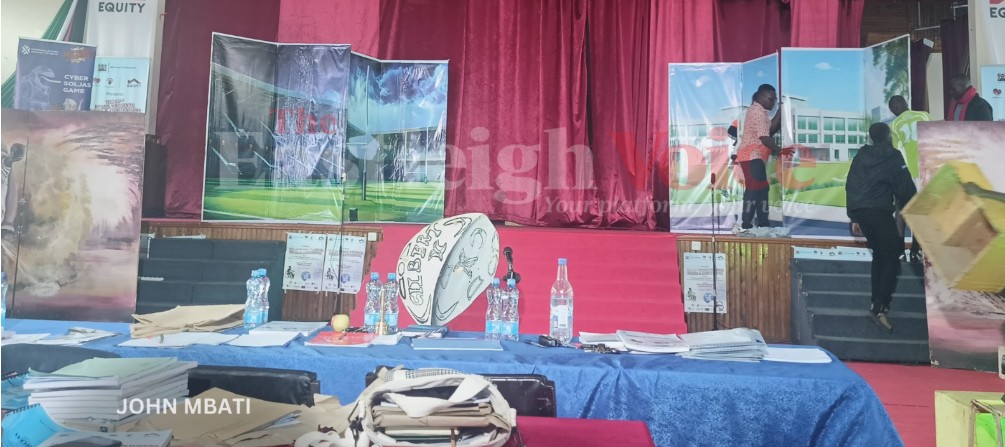National schools to offer all three CBC career pathways starting 2026
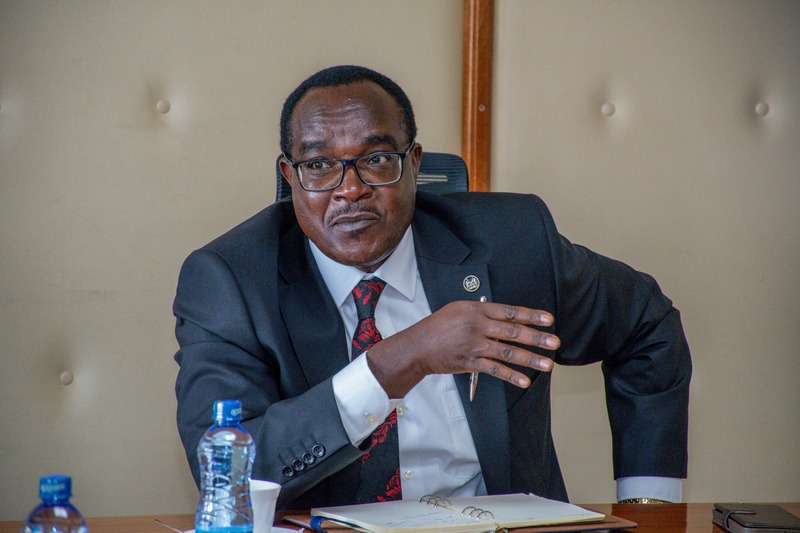
The CS also announced that the current categorisation of schools into national, extra-county, county, or sub-county will be abolished starting next year. Instead, schools will be classified either as triple pathway or double pathway institutions.
National schools will now be required to offer all three career pathways in senior school, Education Cabinet Secretary Julius Ogamba has announced. The pathways include Social Sciences, Arts and Sports and Science, Technology, Engineering and Mathematics (STEM).
Speaking during a national schools conference in Mombasa, Ogamba said the decision is based on the capacity, staffing and infrastructure available in national schools and is part of a broader plan to align institutions with the Competency-Based Curriculum (CBC).
More To Read
- University student enrollment in Kenya doubles, surpassing 600,000 mark in 2024
- Government to open HELB portal for first and second-year students to appeal for financial aid amid court battle
- Sh7 billion capitation deficit threatens school operations, says principals
- Kuppet issues seven-day strike notice over unpaid capitation, medical scheme funds
The new arrangement will take effect in January 2026 when Grade 9 learners will transition to Grade 10.
The CS also announced that the current categorisation of schools into national, extra-county, county, or sub-county will be abolished starting next year. Instead, schools will be classified either as triple pathway or double pathway institutions.
“The State has already developed guidelines for the transition and placement of students to Grade 10 in January 2026. The abolishment of categorisation of schools as either national, extra-county, county or sub-county is a key point of the transition guidelines.”
He added that the government will work to expand infrastructural capacity to ensure schools are equipped to offer the required pathways.
“I am sure all of you have been involved in the formulation of the guidelines, which were also subjected to nationwide discussions last month during the county dialogues,” he said.
“Based on this, I urge all of the schools represented here to adopt the triple pathway category owing to your superior status in staffing, infrastructure and history of academic performance. Under the arrangement, we will also encourage schools to offer both boarding and day sections.”
Teachers Service Commission (TSC) CEO Nancy Macharia also backed the directive, urging national schools to embrace their new role.
“More particularly, with your overtly superior facilities, I am confident that you will make the difference by offering all three pathways that will define the competency-based curriculum,” she said.
Macharia, who is set to retire in two months, said the TSC is working to ensure all senior school administrators and teaching staff are adequately retooled to handle the first cohort of Grade 10 students in 2026.
She said the commission has already retooled 229,292 primary school teachers, 75,000 junior school teachers, and 154,292 secondary school teachers currently handling students from Form Two to Form Four.
The move is “to equip them with the requisite content, skills, competencies, values and attitudes to implement the new curriculum and assessments”.
Macharia noted that the retooling has been done through a cascade training model and a multi-agency approach involving the Ministry of Education, TSC, Kenya Institute of Curriculum Development (KICD), Kenya National Examinations Council (KNEC), Kenya Institute of Special Education (KISE), Kenya Education Management Institute (KEMI), and the Centre for Mathematics, Science and Technology Education in Africa (CEMASTEA).
“As I approach my sunset days at the commission, my head remains high. Expanding the workforce to over 413,000 teachers on permanent and pensionable terms, 20,000 interns and 2,960 secretariat staff, I couldn’t have achieved more at the helm,” she said.
She highlighted the institutionalisation of collective bargaining in the teaching service as a major achievement, describing it as the cornerstone of industrial relations in education.
“It is against this background that we successfully signed and implemented two four-year cycle CBAs—the 2017-2021 CBA at Sh54 billion and the 2021-2025 CBA at Sh110 billion. All of us here today have enjoyed the results of these CBAs,” she said.
Macharia said the commission has established stable systems to manage resources and assets up to the zonal level and that priority programmes such as remote learning methodologies and the digitisation of records are now taking shape.
She praised national schools for maintaining high academic standards and discipline over the years.
“The national schools have been the envy of many parents, owing to their consistent, perennial and sustained good performance in the Kenya Certificate of Secondary Education examination,” she said.
Meanwhile, the Ministry of Education is set to host a National Conversation on the Competency-Based Education (CBE) system at the Kenyatta International Convention Centre (KICC) in Nairobi. The forum will bring together top government officials, principal secretaries, educators, curriculum experts, development partners, parents, and learners to review the CBC’s implementation and explore the way forward.
Top Stories Today

